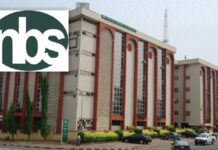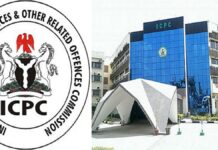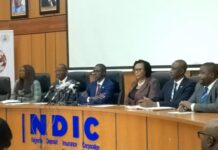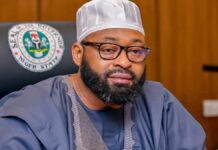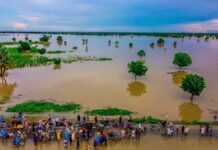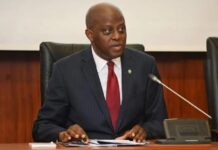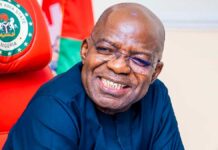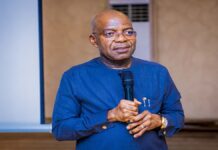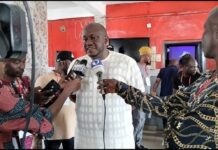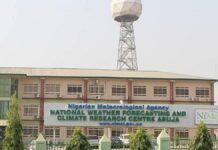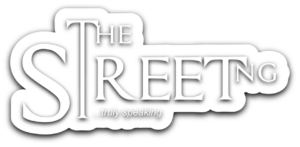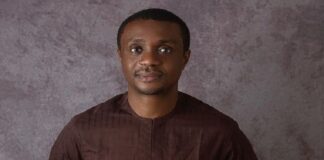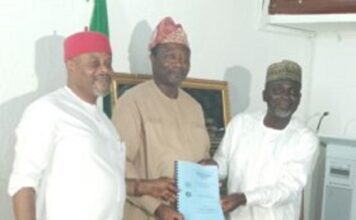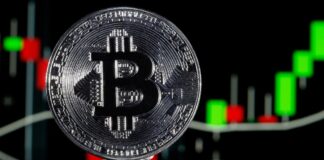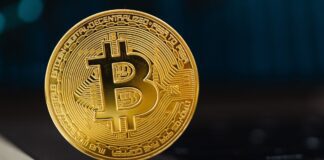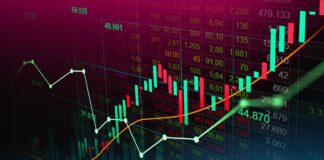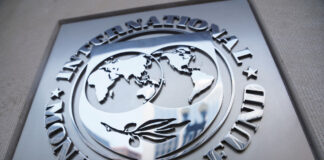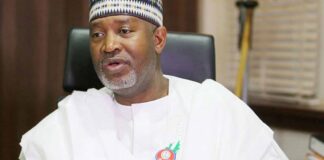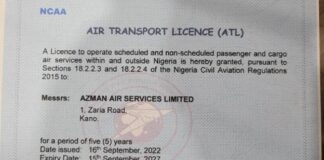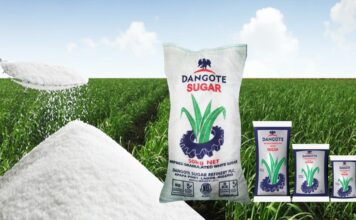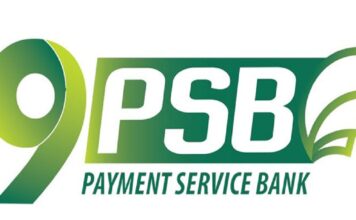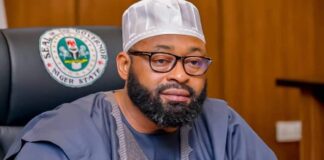Politics
Top Stories
Business & Finance
NDIC Increases Maximum Deposit Insurance Coverage for Failed Banks
NDIC Increases Maximum Deposit Insurance Coverage for Failed Banks
The Nigeria Deposit Insurance Corporation (NDIC), has reviewed upward the maximum deposit insurance coverage for depositors...
UBA’s Leo Celebrates 6 Years of Impact, With New Offerings
United Bank for Africa (UBA) Plc is celebrating the 6th year of operation of its flagship artificial intelligent Digital Assistant and Chatbot - Leo, and has announced new offerings aimed towards deepening the face of digital banking in Nigeria.
Fidelity Bank to Raise N32bn from Shareholders
Fidelity Bank Plc has proposed a capital raise of N32 billion from its shareholders to drive the lender’s growth agenda for the financial year 2024.
Moniepoint Introduces New Initiative to Reward Customers
Moniepoint Microfinance Bank (MfB) has introduced a new initiative “Moniepoint Personal Banking Refer and Earn” programme aimed at rewarding its customers this Christmas season.
Insurance Companies Collect N729.1bn Premium in First Three Quarters of 2023
Insurance companies collected N729.1 billion as premium in the first three quarters of 2023, an increase of N196 billion over the N532.7 billion collected in the first three quarters of 2022.
Economy
News
Sports
Chelsea Win Over Tottenham in Premier League Clash
Chelsea Win Over Tottenham in Premier League Clash
In a thrilling Premier League encounter at Stamford Bridge, Chelsea secured a convincing 2-0 victory against Tottenham...
Technology
Cryptocurrency
Health
Features
Entrepreneurship
Niger Generates N7.03bn IGR in Q1 2024
The Niger State Government says it generated more than N7. 03 billion as Internally Generated Revenue (IGR) between
FG earmarks N530bn for climate change actions
The Federal Government says it has earmarked N530 billion for the execution of energy transition plans in the country.
Project Monitoring, Evaluation Key to Successful Outcomes – Cardoso
Project Monitoring, Evaluation Key to Successful Outcomes – Cardoso
The Governor...
Oil Climbs as Saudi Hikes Price for Asia, Europe
Oil Climbs as Saudi Hikes Price for Asia, Europe
Oil prices...
